
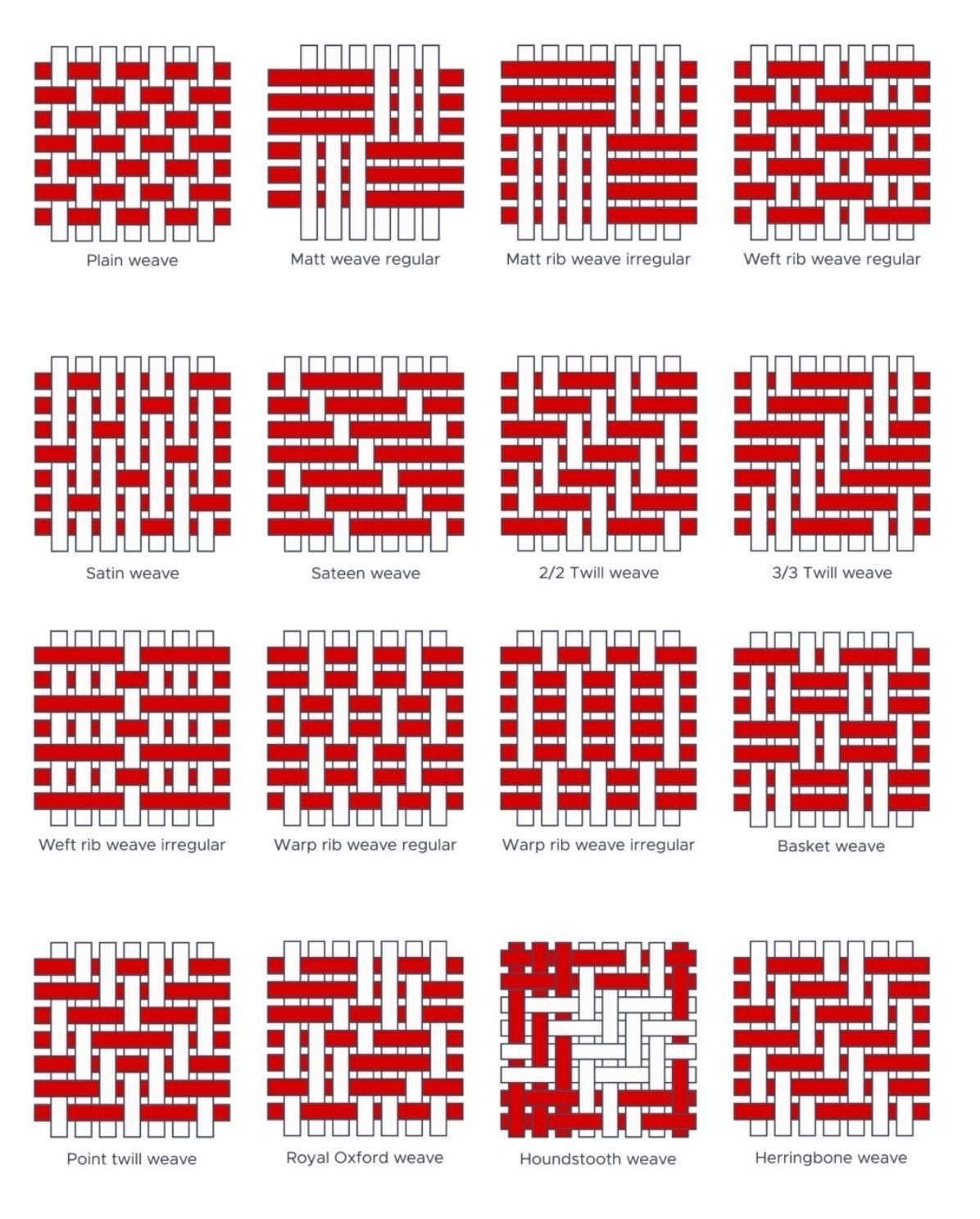
Know Your Weave Pattern: The Foundation of Fabric Performance
The way threads are woven together – the weave pattern – is fundamental to how a fabric looks, feels, and performs. At Howyue Textile, we know that choosing the right weave is key to creating fabrics that meet specific needs. All woven fabrics are made by interlacing two sets of threads at right angles: the
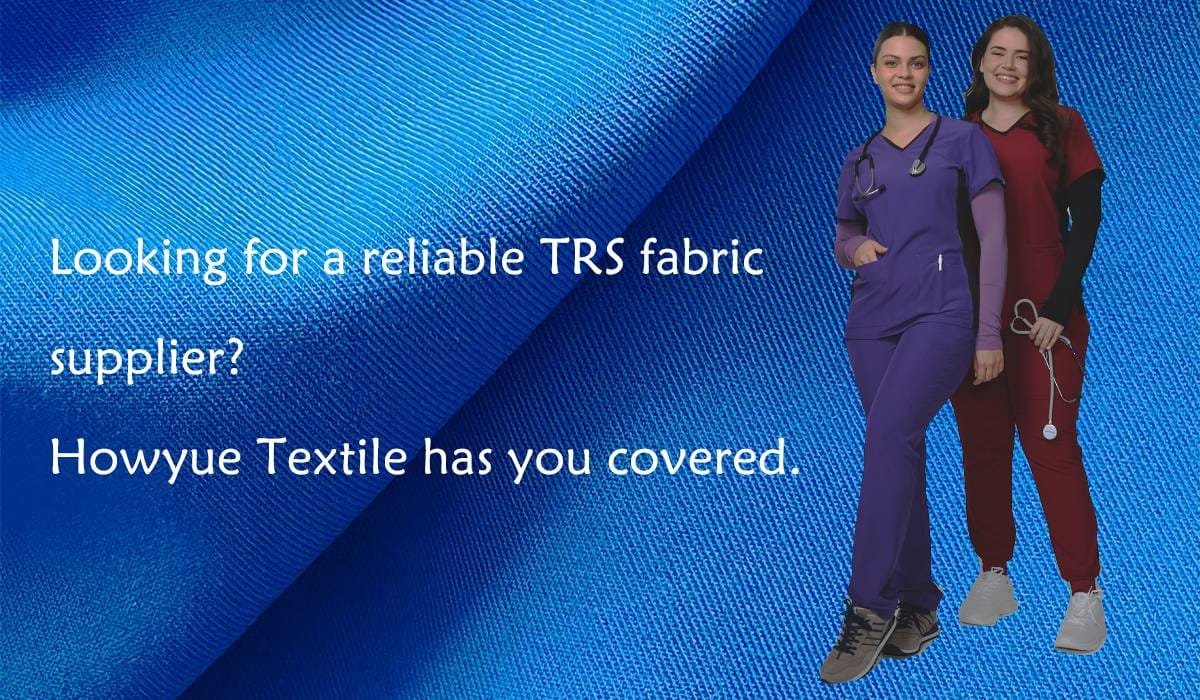
Looking for a reliable TRS fabric supplier?
TRS fabric stands as a premium blend of polyester, rayon, and spandex, meticulously engineered to meet the exacting demands of medical uniforms. Each constituent fiber contributes its unique strengths: polyester provides unparalleled durability and remarkable wrinkle resistance, ensuring uniforms maintain a crisp appearance even after extended use. Rayon, on the other hand, imparts a luxurious
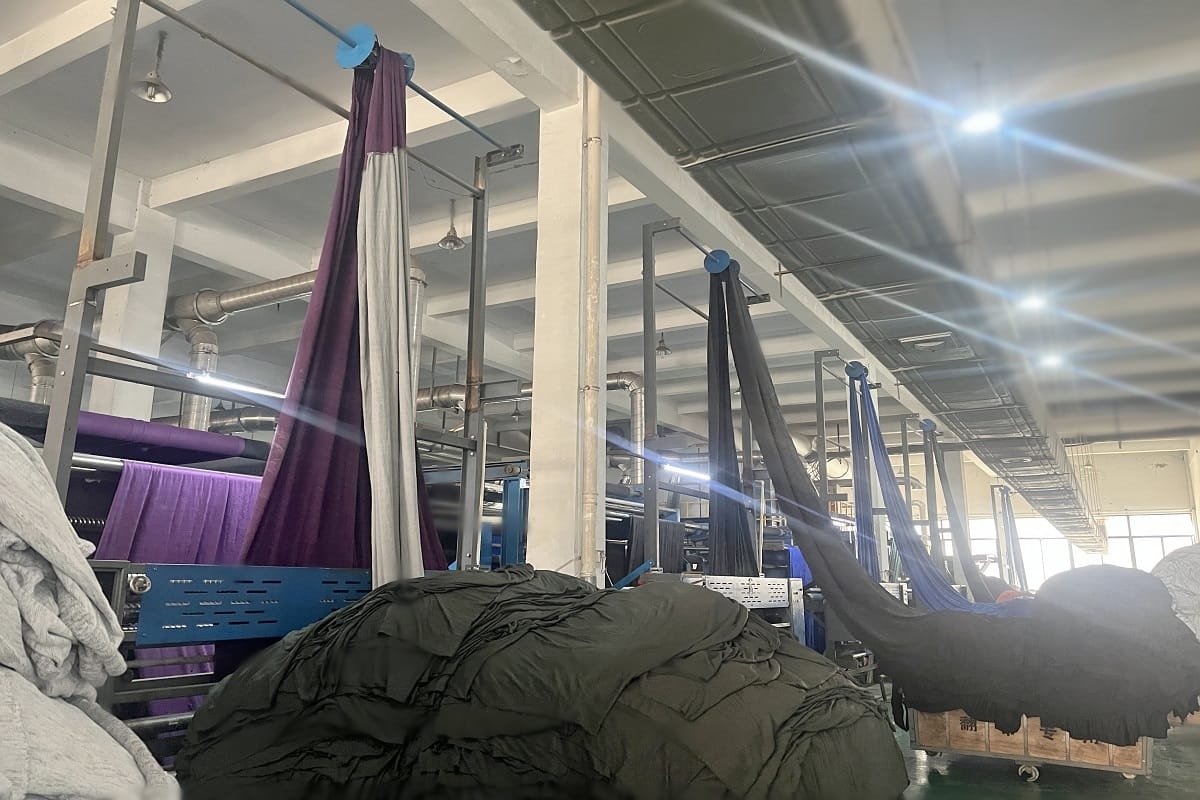
How to Dye Polyester and Spandex Fabric
Dyeing Polyester Spandex blends demands precision because of their synthetic composition. I utilize disperse dyes to achieve vibrant results, maintaining a dyeing temperature of 130℃ and a pH range of 3.8–4.5. This process ensures effective coloring while preserving the integrity of the fibers. Techniques such as reduction cleaning improve durability, whether working with recycled spandex knit fabric, breathable 100%
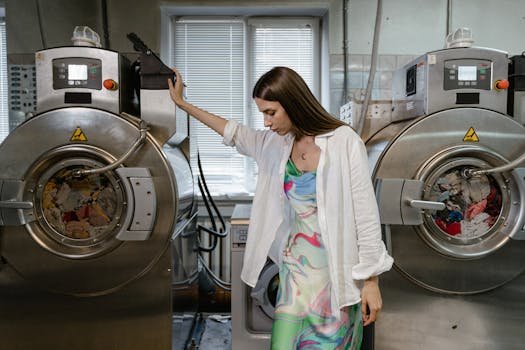
Introduction of fabric finishing processes
Fabric finishing is a technique employed for treating fabrics. It imparts color effects and alters their tactile qualities, such as making them smooth or velvety. By doing so, fabric finishing enhances the visual appeal and tactile comfort of fabrics. Additionally, it improves their performance or endows them with special features through chemical or physical means.
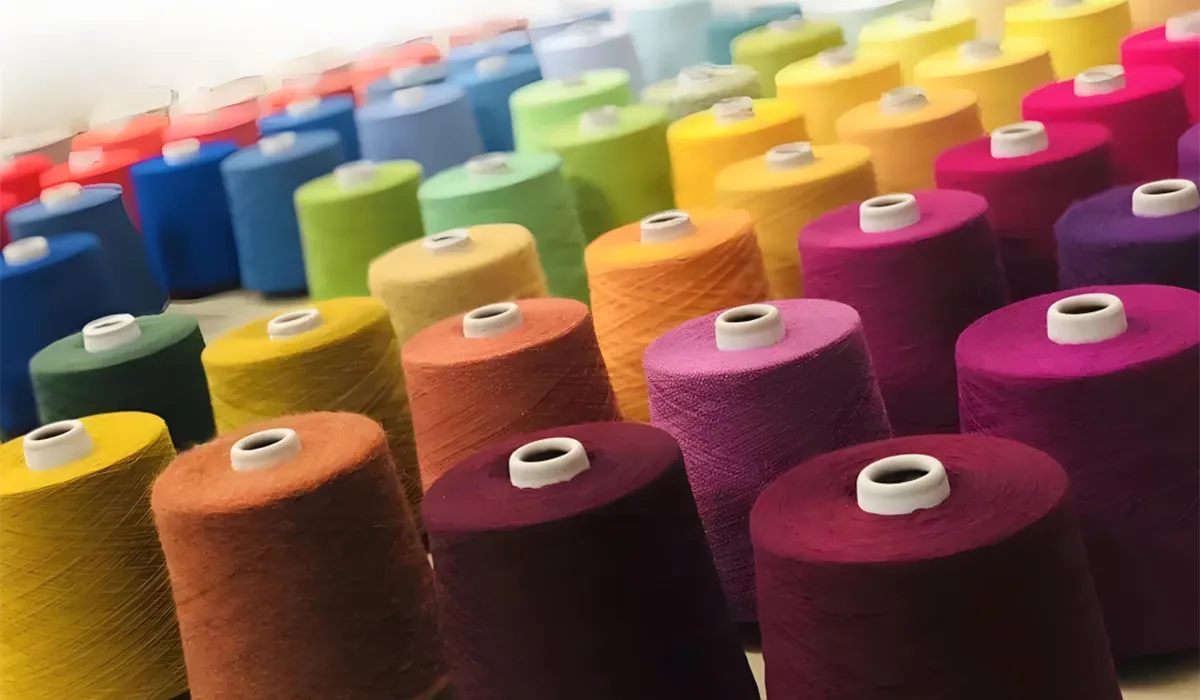
Understanding Fabric Yarn Count and Density
Fabric yarn count and density are two key characteristics that significantly impact the quality, appearance, and texture of a fabric. Here’s an overview to help you understand them better: 1.Yarn Count In simple terms, yarn count is a unit used to measure the thickness of yarn. Common yarn counts include 30s, 40s, and 60s, where

Dyeing Processes in the Textile Industry
Introduction to Dyeing Processes Dyeing techniques are categorized based on the form of the textile material being processed, including garment dyeing, fabric dyeing, yarn dyeing, and fiber dyeing. Among these, fabric dyeing is the most widely adopted in industrial production. Yarn dyeing is predominantly applied to woven and knitted fabric manufacturing, while fiber dyeing serves as a foundational process
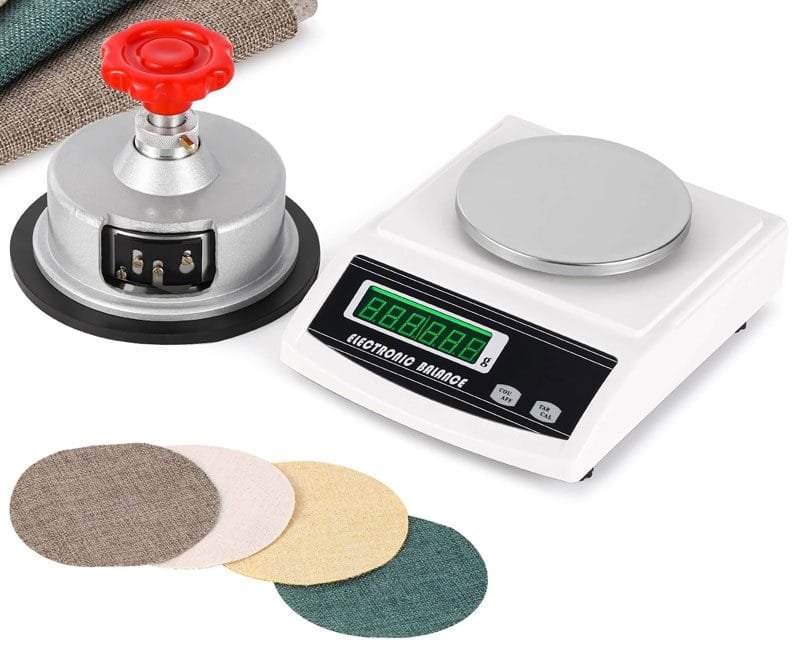
Understanding Fabric GSM: Why It Matters When Choosing Fabric
What is Fabric GSM? Fabric GSM, or grams per square meter, is a measurement that indicates the weight of fabric in relation to its size. This metric is crucial when selecting the right material for various applications, from clothing to upholstery. A higher GSM generally signifies a denser, potentially warmer fabric, while a lower GSM

Four-way Stretch Fabrics with Comfort and Flexibility
Four-way stretch fabrics are all the rage these days, and for good reasons too. This versatile material is perfect for a wide range of activities and uses. At our store, we’re excited to announce a promotion on four-way stretch fabrics – a chance for our customers to get their hands on high-quality materials at unbeatable

What’s the difference between TRS,TS, and TC fabric?
Medical scrubs have evolved from simple, practical garments to sophisticated, high-performance apparel. The fabric choices for these garments play a crucial role in ensuring comfort, durability, and protection for healthcare professionals. Let’s delve into the world of scrub fabrics, exploring their characteristics, benefits, and the innovative designs shaping the industry. Understanding the Fabric Composition The
